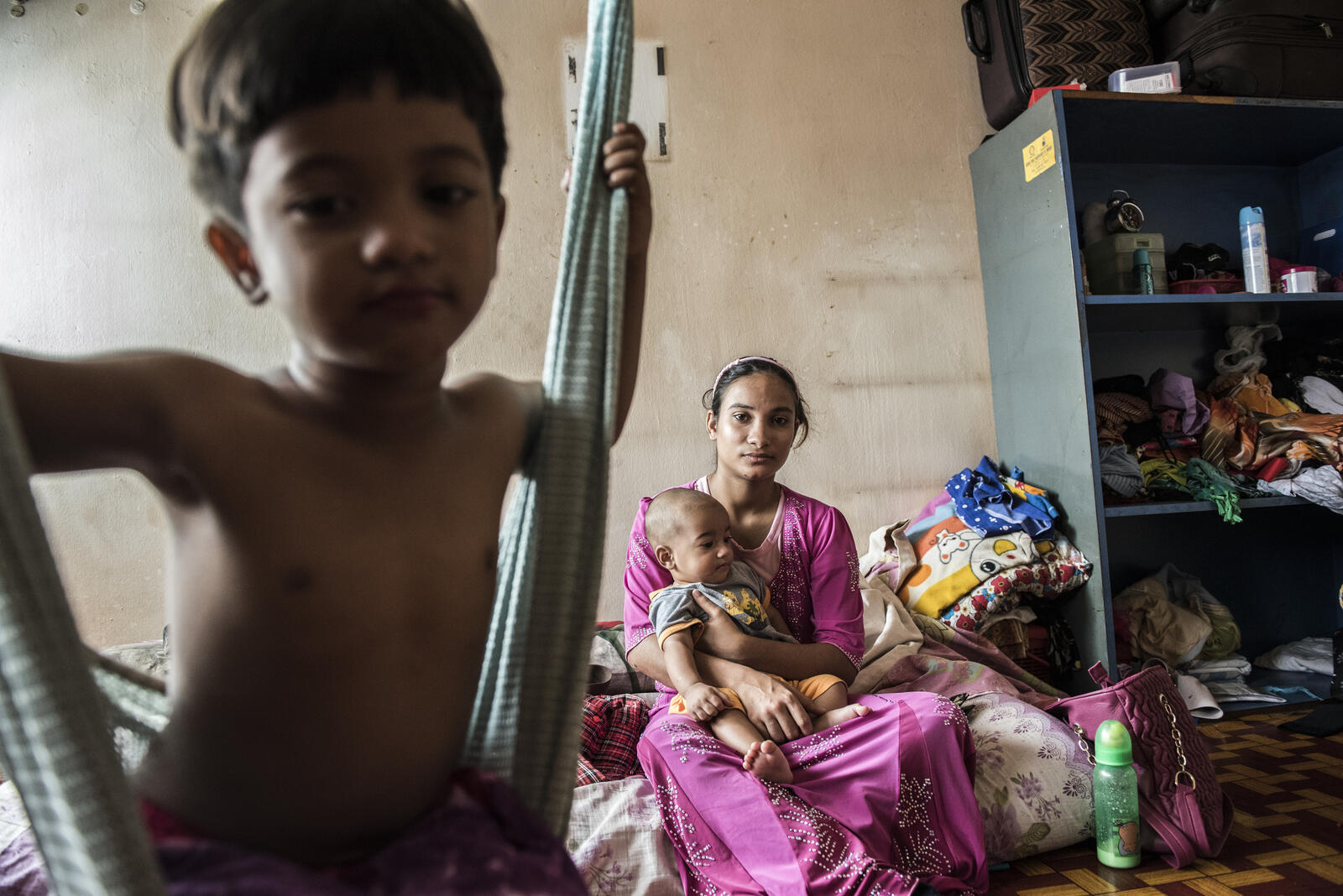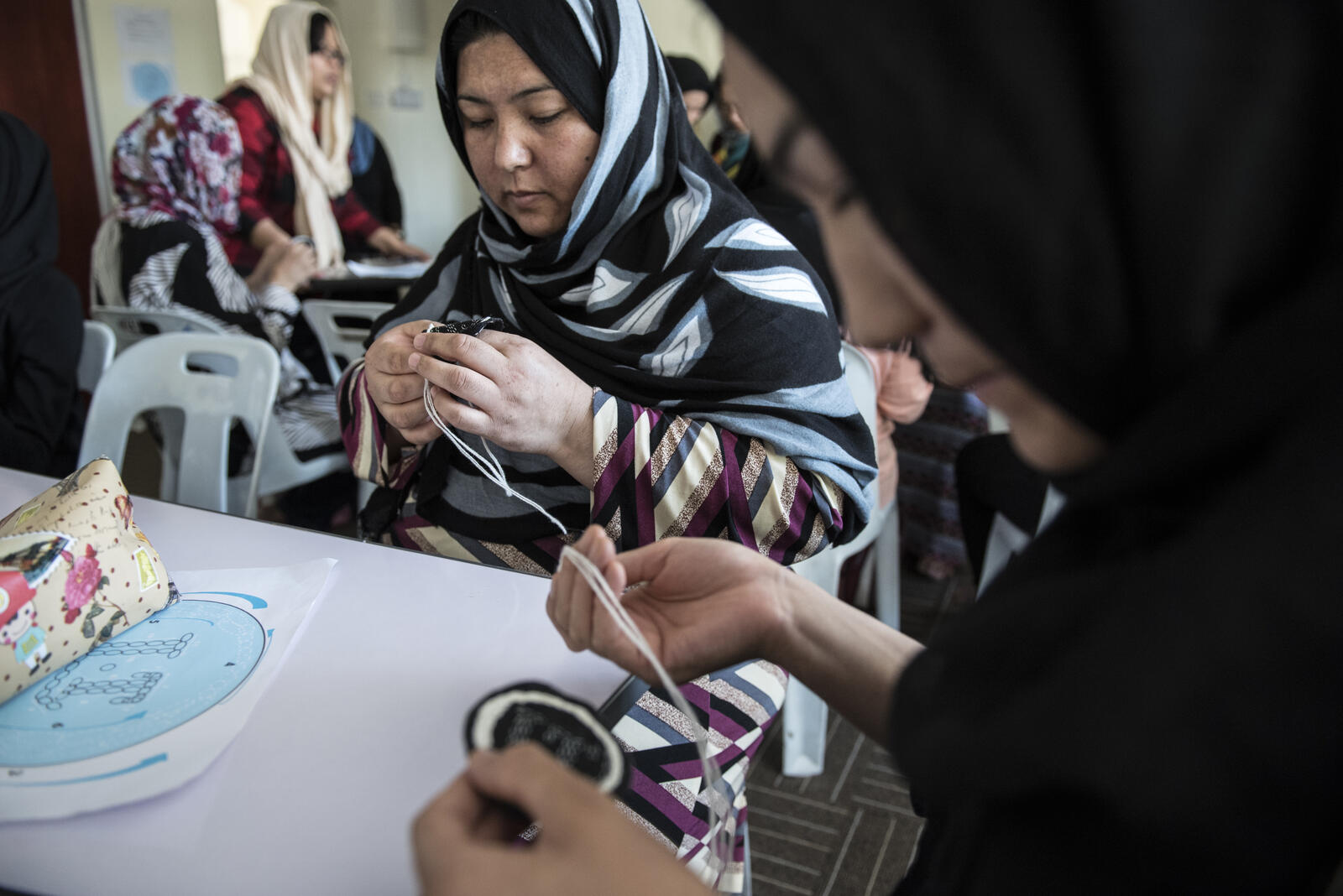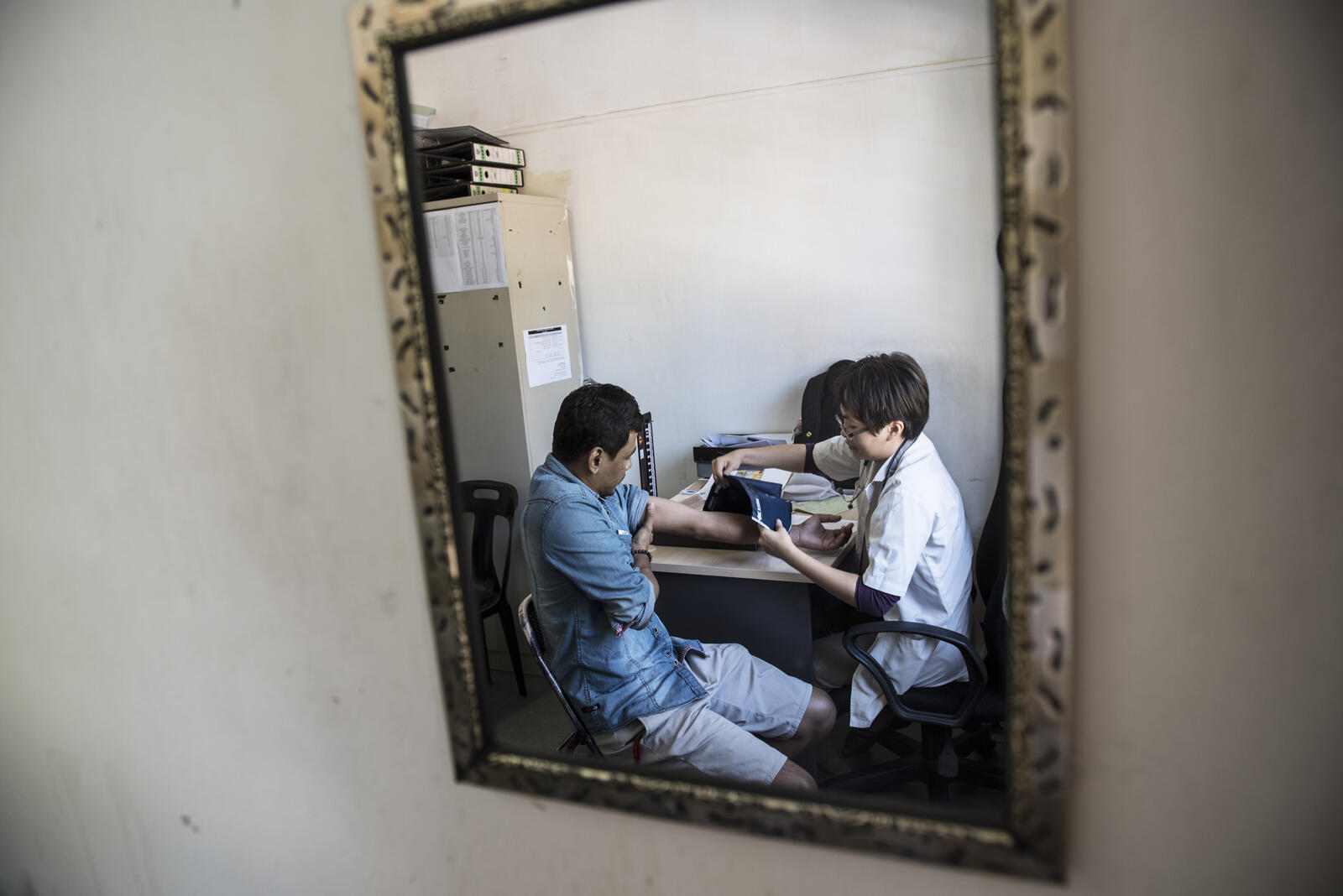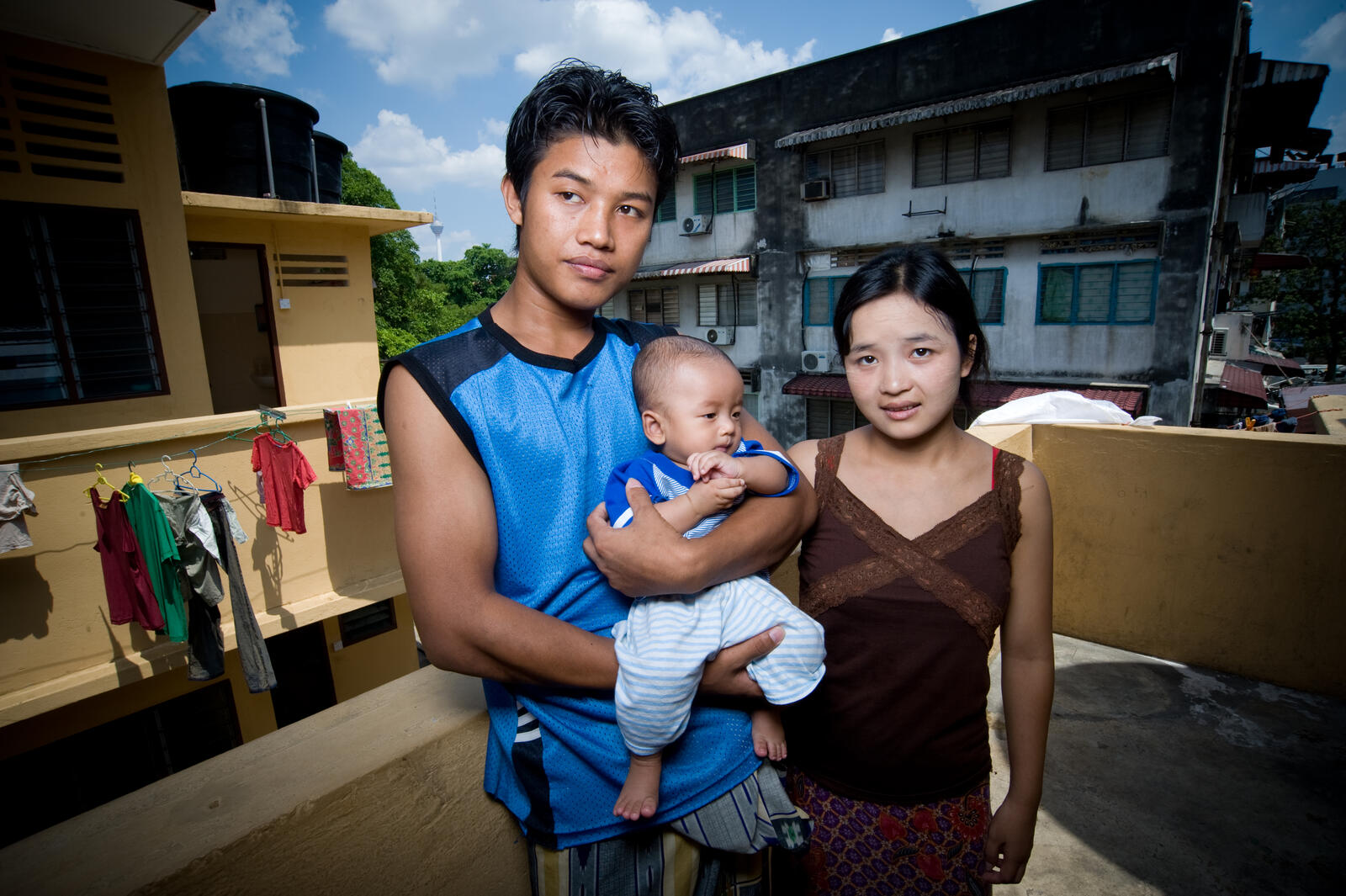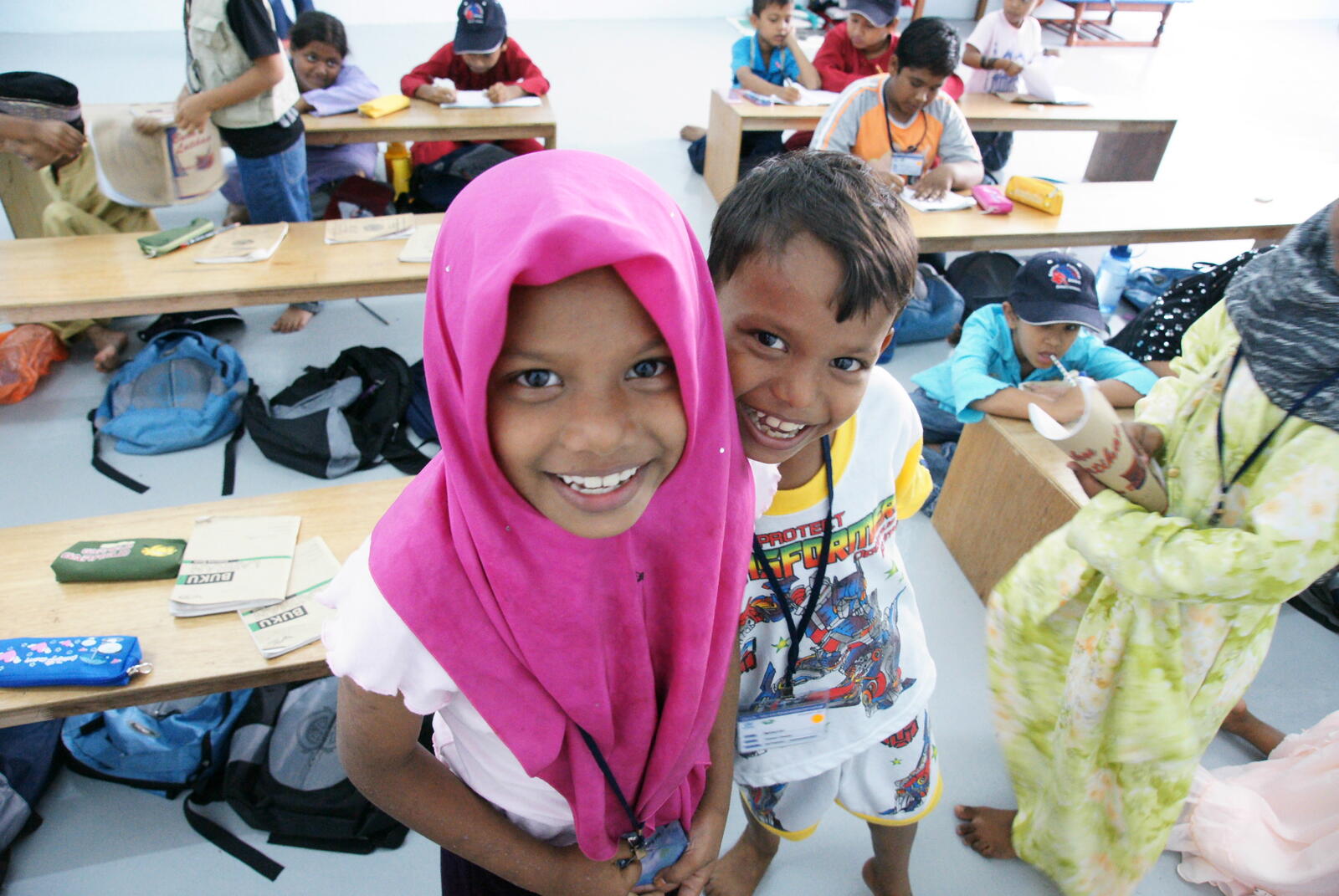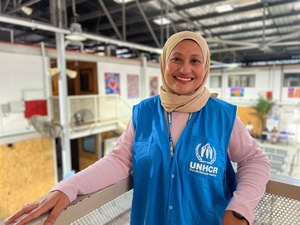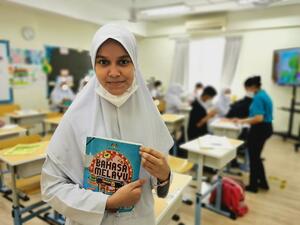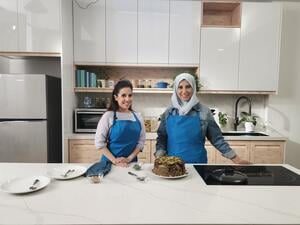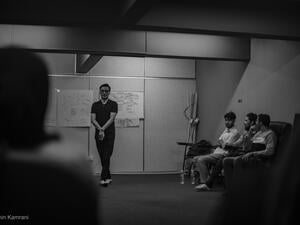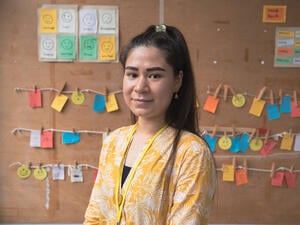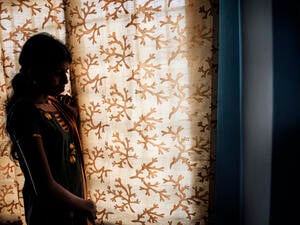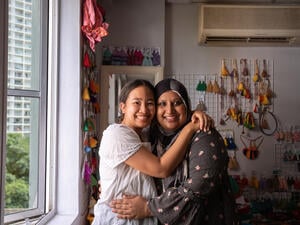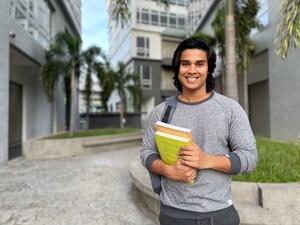Walking a Mile in a Refugee's Shoes
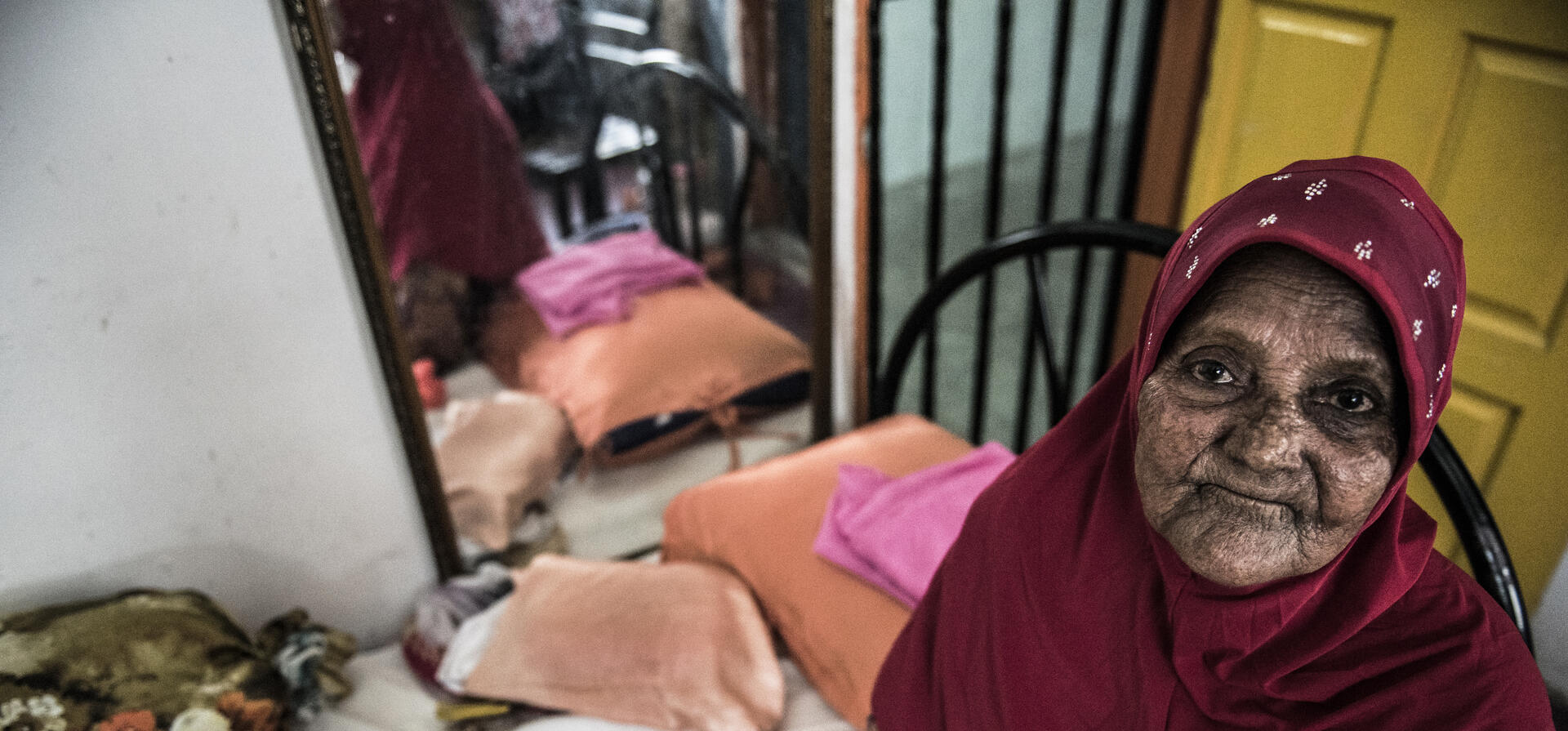
Walking a Mile in a Refugee's Shoes
What's it like to be a refugee?
To witness your family torn apart by war and conflict? To lose everything you value - family, friends, your home - and be forced to flee in order to save your life? To travel hundreds of miles, on foot through dense jungles and in leaking boats across dangerous seas to find safety?
This is a journey made by millions of refugees as they flee war, armed conflict, human rights abuses, and persecution.
People often misunderstand who a refugee is, thinking that they are migrants looking for economic opportunities.
Refugees are people just like you and me – mothers, fathers, students, farmers, lawyers – living their normal lives every day. Then something happened to change all that. Their homes were ravaged by war. Or they faced serious human rights abuses and persecution. Suddenly, home was no longer safe.
The truth is refugees had no choice but to run in order to save their lives. Unlike migrants, they have lost the protection of their Governments. And unlike migrants, they are unable to return home safely.
In Malaysia, as at end 2016, there are over 150,000 refugees and asylum-seekers registered with UNHCR, the UN Refugee Agency. The majority of them from Myanmar, but many also from other countries around the world including Sri Lanka, Pakistan, Yemen, Somalia, Syria, and Iraq. There are refugees from nearly 60 countries currently in Malaysia. Nearly 70% are men, while 30% are women. There are over 35,000 refugee children under the age of 18 in Malaysia.
Living as a Refugee in Malaysia
The various refugee communities are scattered throughout Malaysia, living mostly in the Klang Valley, but there are also large refugee communities living in places like Penang and Kedah in the north of Malaysia, and Johor in the south, and also in Kelantan and Trengganu in the East Coast of Malaysia.
There are no refugee camps in Malaysia. Instead, refugees find their own living spaces - often sharing with others in their community due to cost - living in low-cost flats or housing areas side by side local Malaysian homes in cities and small towns.
In Malaysia, refugees have no legal status as there are no laws that define what their rights are. The situation of refugees is difficult as a result of their lack of official status.
Refugee families in Malaysia live in fear of being arrested for immigration offences. Mothers and fathers cannot work legally to support their families. They find work in the informal sector, where the work is dirty, dangerous and difficult, and where they are subject to exploitation. Children are unable to attend proper school, and many are unable to complete basic schooling. Healthcare is expensive, because refugees have no regular work. It is difficult for families to afford basic care and treatment when anyone falls ill.
Every day, life for refugees is a challenge. Yet, in spite of it, refugees work hard to find solutions to their own problems, to be self-sufficient, to find ways to cope while in exile, and to stay strong as a community.
What they need is the humanitarian space and support to be self-reliant. Indeed, thousands of people and hundreds of organisations in Malaysia today, including UNHCR, are helping refugees.
UNHCR’s humanitarian programme protects and assists over 150,000 refugee men, women, and children in Malaysia. This is done in cooperation with the Malaysian Government, civil society, private sector, and the refugee communities themselves.
In all the work done to help refugees, UNHCR places great emphasis on prioritizing assistance to refugees who are most vulnerable, while empowering refugee groups to be more self-reliant, and strengthening the capacity of our partners to be better able to serve refugee communities.
So how can Malaysians help refugees?
- Raise awareness on the plight of refugees by learning more about the issue, and speaking to your family, friends, and community.
- Make an in-kind or financial donation directly to refugee projects to help improve assistance programmes run by refugees or by NGOs, in areas such as access to education for children, supporting more refugee teachers, helping refugees learn new skills, or making healthacare more affordable for refugees.
- Volunteer your time to provide much needed help for refugees through UNHCR’s volunteer programme. Volunteers are involved in teaching, skillsbuilding and even organising sports activities.
Visit www.unhcr.com.my to learn more, or email us at [email protected]


